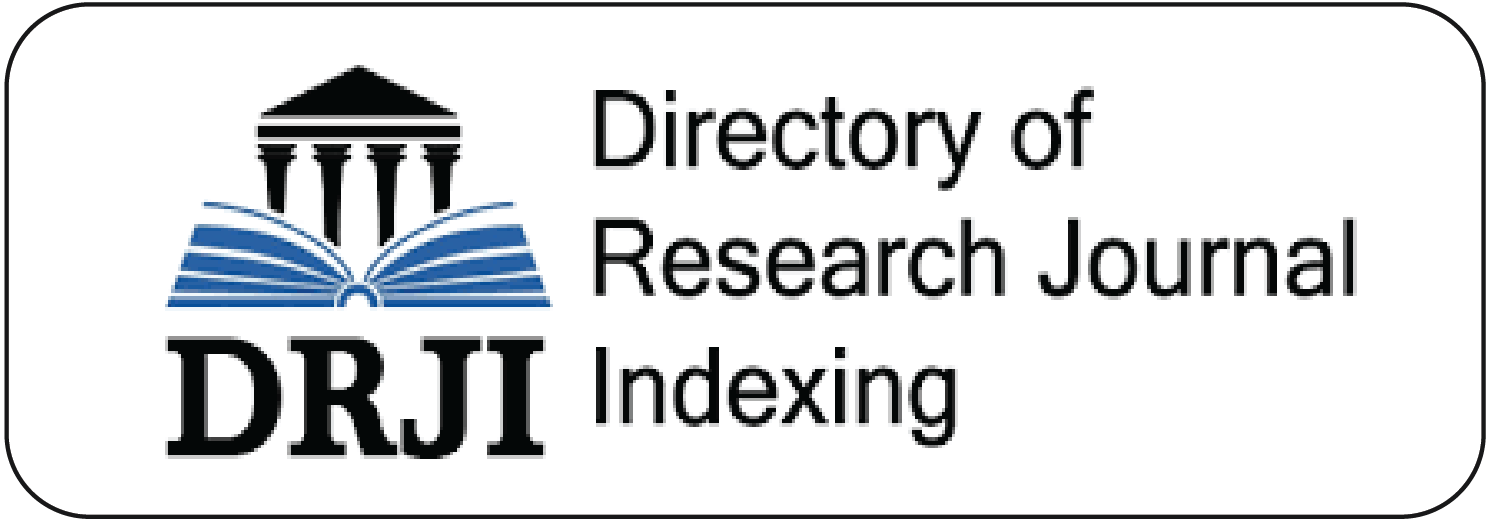Tax-Zakat Relationship in Islamic Law
DOI:
https://doi.org/10.51377/azjaf.vol6no2.214Keywords:
zakat, taxation, Islamic law, state revenue, fiscal policyAbstract
The relationship between zakat and tax in Islamic law has been a subject of scholarly debate due to their overlapping economic functions and distinct religious foundations. This study investigates the historical development of zakat and tax, focusing on their similarities and differences within Islamic economic thought. The research highlights that zakat, as one of the five pillars of Islam, was initially state-administered but later evolved into an individual responsibility, while tax emerged as a state-enforced financial obligation. Using a comparative analysis, this paper investigates the theoretical and practical aspects of zakat and tax, focusing on their legal definitions, collection mechanisms, and economic impacts. The findings indicate that although both serve as financial tools for wealth redistribution and social welfare, zakat is divinely mandated with fixed rates and designated recipients, whereas tax is state-imposed, flexible, and adjustable according to fiscal policies. The study suggests that while zakat inspired tax models could enhance equity in modern economies, their theological distinctions must be preserved.
Downloads
Downloads
Published
How to Cite
Issue
Section
License
Copyright (c) 2025 Sinan Çimen

This work is licensed under a Creative Commons Attribution-NonCommercial-NoDerivatives 4.0 International License.





















